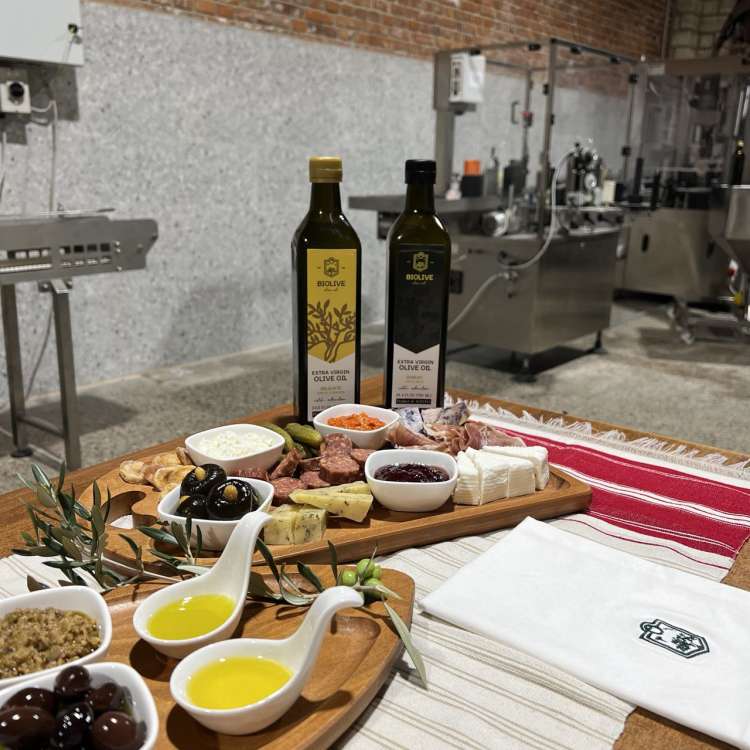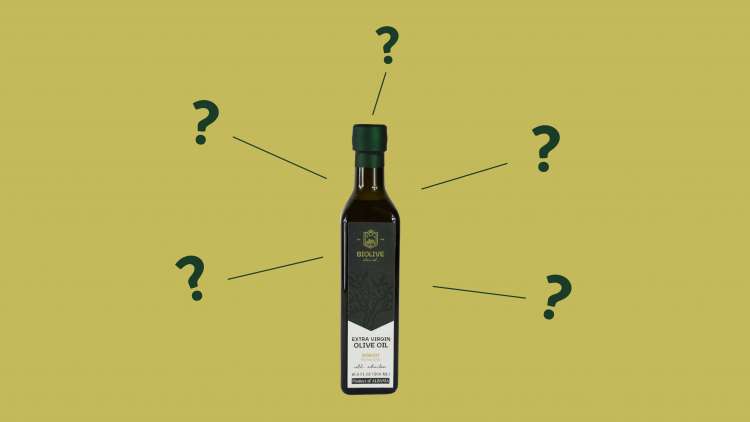Extra virgin olive oil (EVOO) is a highly sought-after product in the culinary world, but its production can be a delicate process that requires skill and attention to detail. Unfortunately, farmers sometimes make mistakes that can compromise the quality of their oil and they fail to meet the standards of discerning consumers. In this article, we will explore some of the most common mistakes that farmers make in the production of olive oil and how to avoid them.
1. Letting olives sit around before processing
One of the most common mistakes is letting olives sit around for too long before they are processed into oil. When olives are left in sacks or buckets for too long, they can begin to ferment, resulting in a fusty taste that ruins the oil. It's important to process olives as soon as possible after they are harvested to prevent fermentation from occurring.
2. Allowing prolonged exposure to air, light, heat, and time
Another issue that can affect the quality of olive oil is oxidation. When olive oil is exposed to air, UV light, or heat for prolonged periods, it can go bad and become rancid. To prevent oxidation, it's essential to reduce the exposure of the oil to air, light, heat, and time. Using high-quality packaging that minimizes exposure to air and light and storing the oil in a cool, dark place can help to extend its shelf life.
3. Failure to keep tanks and milling equipment clean
Cleanliness is another crucial factor in producing high-quality olive oil. Dirty tanks and milling equipment can lead to a variety of defects, including the dreaded "manure" or "sewer" taste. To prevent this, it's important to keep equipment clean and to filter the oil after it has been processed.
4. Storing olives in non-ventilated containers
Finally, it's important to store olives in containers that allow air to circulate between them until they are milled. If olives are stored in containers that are not ventilated, they can undergo aerobic fermentation and develop a "winey" taste that ruins the oil.
While there are other defects that can affect the quality of olive oil, such as musty, metallic, heated, or burnt flavors, they are much less prevalent than the issues outlined above. By taking care to avoid these mistakes and ensuring that olives are processed promptly and with care, farmers can produce high-quality olive oil that will delight consumers and earn them a premium price for their product.


